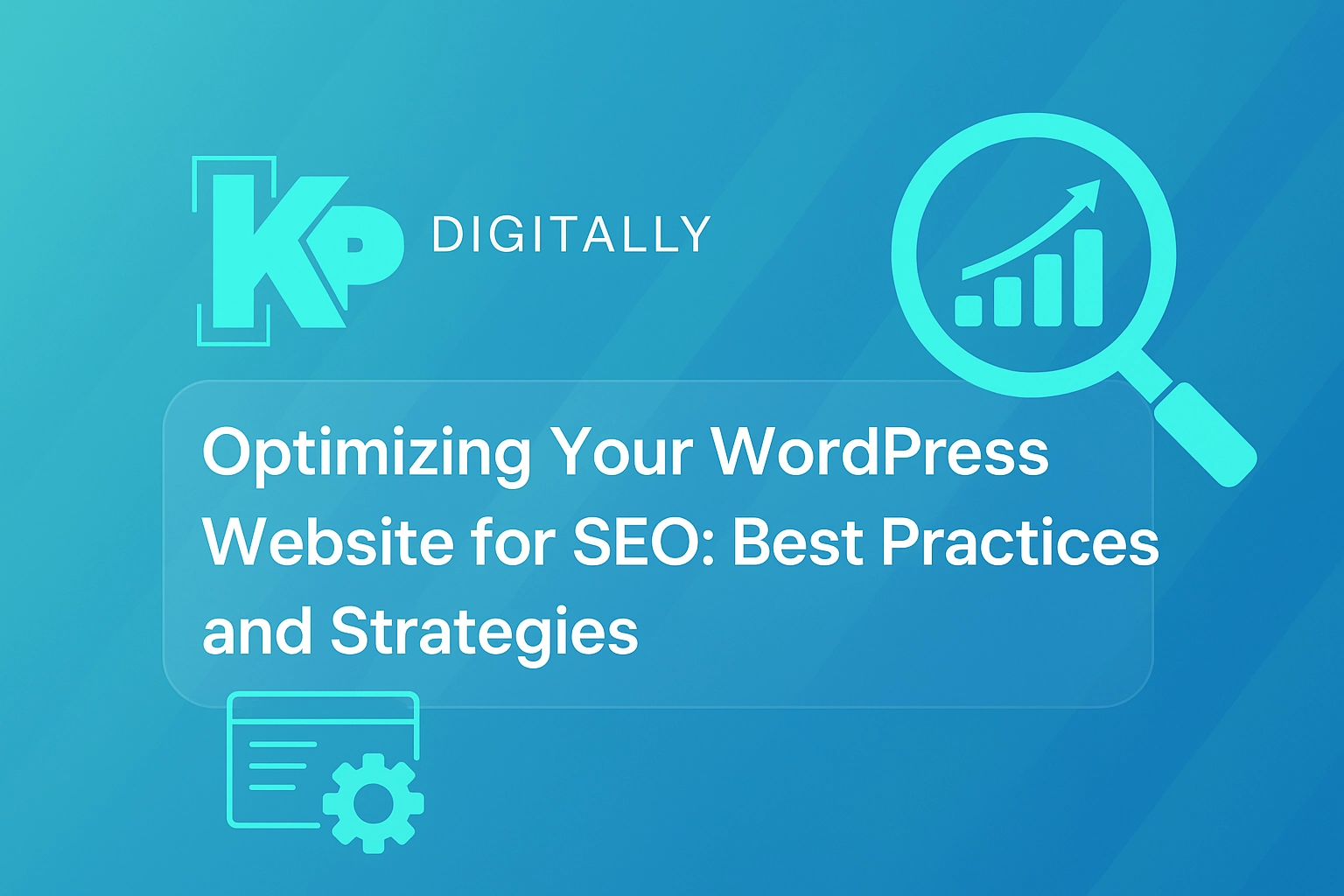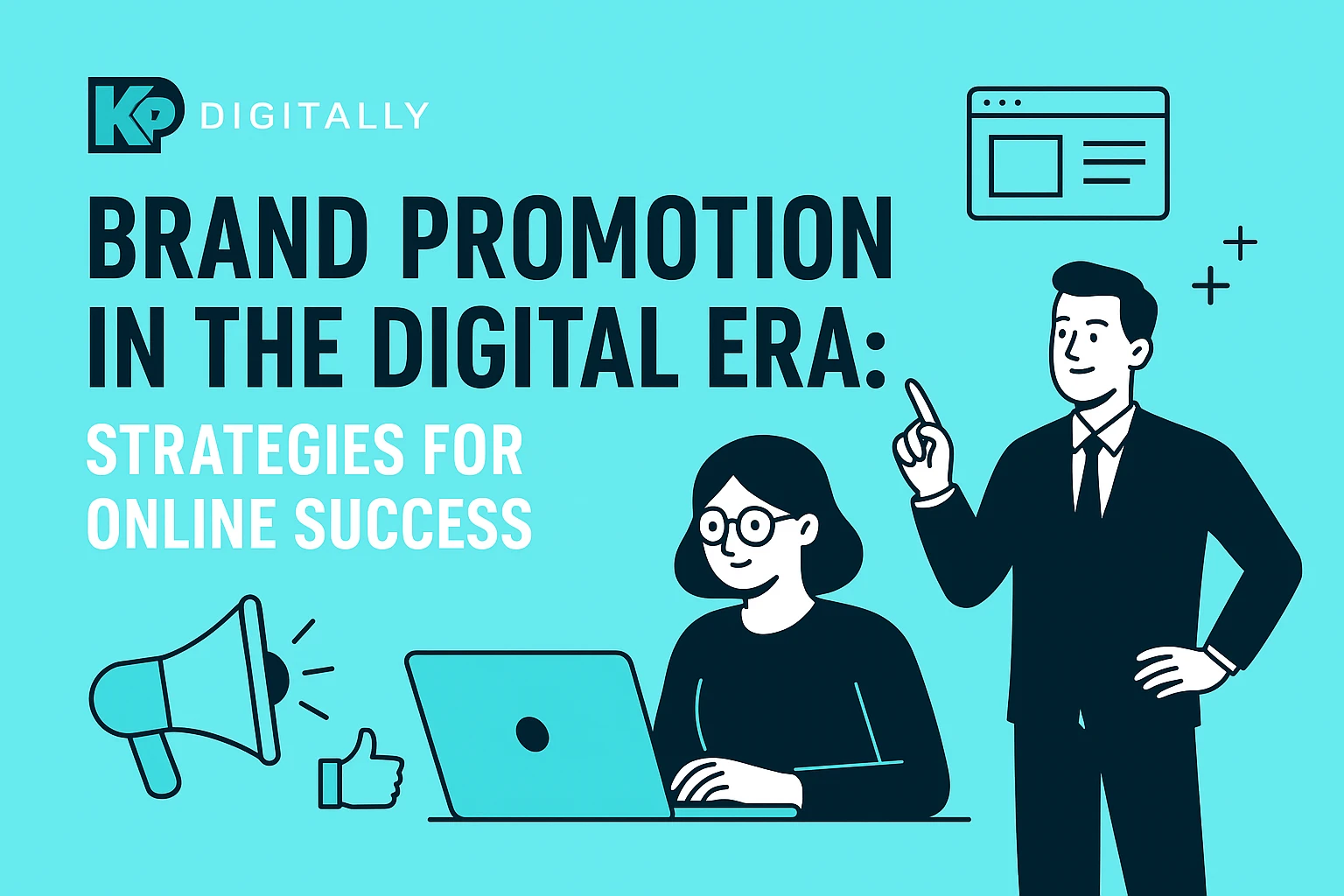Are you watching your traffic numbers slip because your keyword research missed the mark? Maybe you poured your heart into a blog post or new product launch only to see a tiny stream of visitors.
When your content doesn’t align with what searchers actually want, the problem is usually the keywords. Keyword research is the fix. It shows you the exact terms your audience types into search engines.
You climb search results when you thread those keywords into your content. A sound content plan starts with killer keyword research. Even an SEO company in Ahmedabad can’t succeed without a solid understanding of what their audience is truly searching for.
When you know your audience, you create content which speaks directly to them, resulting in more organic traffic. This article takes you through keyword research: why you need it, what it is, and how to do it.
Understanding the Basics of Keyword Research
Keyword research is the process of understanding the specific words and phrases your audience is using when they use search engines. These search terms will tell you what your readers are interested in, what questions they have and what products they’re seeking.
By casually inserting these keywords in your blog posts or web pages, you give search engines like Google the ability to associate your content to appropriate search queries.
In the world of keywords, you will be told that there are three kinds: short-tail, long-tail and semantic. The short-tail keywords are very broad and can be pretty competitive; we’re talking one or two words, like “marketing.”
Long-tail keywords are longer and more detailed—like “affordable digital marketing tips for small businesses”—and they tend to rank more easily. Long-tail? More specific. Easier to win. Semantic keywords?
Kind of like supporting cast. They help Google understand your page’s full story.
Mix them all. Write naturally. Google likes that. So, do people.
Why Keyword Research Is Essential for Content Strategy
Without it, you’re shooting in the dark.
With it? You’re a sniper.
Let’s say you’re writing about sustainable fashion. You think “eco-friendly clothes” is the best phrase. But your audience? They’re searching “best sustainable brands for men 2024.” That small shift changes everything.
Keyword research shows you what really matters to readers. What they care about. What they want answers to. You use those terms to build content that fits their journey. From “just curious” to “ready to buy.”
And no—it’s not about traffic volume only. It’s about intent. That one focused reader who’s ready to buy? Worth more than 500 bounce-and-leave clicks. So, don’t guess. Search what they search.
How to Find the Right Keywords for Your Content
Start simple. What do you sell? What do you solve?
Got that? Cool. Now imagine you’re the customer. What would you type into Google to find you? Write down a few “seed keywords.”
Then, open a tool—Google Keyword Planner works. Ubersuggest’s chill too. SEMrush or Ahrefs if you’re going pro.
Type in your seeds. The tool spits out keyword ideas. Look at the numbers. Monthly searches. Competition. Pick a mix. Some popular. Some low-hanging fruit.
Oh, and check Google’s “People also ask” and “Related searches” too. That’s gold.
Sort your list. Group similar ones. That’s your content cluster. Use one group for a blog series. Another for product pages. It’s all connected.
Tools You Can Use for Effective Keyword Research
No, you don’t need 50 tabs open. Just pick one or two tools and roll.
Google Keyword Planner: Free. Solid basics.
SEMrush or Ahrefs: Paid, but powerful. You’ll see keyword gaps, difficulty, competitor stuff.
Ubersuggest: Easy to use. Great for beginners.
Answer the Public: Looks fancy. Maps out actual questions people ask.
Here’s the thing. These tools don’t just give words. They show intent. Is someone trying to learn? Compare? Buy? That changes how you write.
The more you understand your audience’s intent, the better your content will click. Literally.
Mapping Keywords to the Buyer’s Journey
Here’s a trick. Not all keywords are equal. Some are just the start of a journey. Some are near the end.
Imagine this:
Someone types “What is email automation?” That’s awareness.
Then they search “best email tools for e-commerce.” That’s consideration.
Later, “buy Mailchimp subscription discount.” That’s decision.
See it?
You got to match content with those stages. Early questions? Blog posts. Mid-stage? Comparisons. Ready-to-buy stuff? Product pages.
Let’s say you write “how to pre-order products online.” That’s probably someone ready to buy. Now, link it to your product page that’s using the WooCommerce pre-order plugin.
Easy. Smooth. Smart.
How to Use Keywords in Your Content
Don’t overthink it. Seriously.
Put your main keyword in the title. The URL. The meta description. First paragraph too. Then? Just write. Talk like a human.
Sprinkle the keyword a few times. But gently. Use related terms. Think synonyms, variations.
Drop some in headers. Add one in the image alt text. Use it in internal links.
But please—don’t stuff. Google hates it. Readers hate it more.
Write like you’re explaining something to a friend. That’s the sweet spot. Your keyword should feel like it belongs there. Not like it crashed the party.
Creating a Keyword Content Calendar
Alright, so now you got keywords. Lots of them. What now? You need a plan.
Start building a calendar. Grab a spreadsheet. Or use Notion. Or even paper, if that’s your vibe.
Group keywords into themes. Assign formats—blog post, email, social caption, whatever. Pick dates.
And time it right. Got a product launch? Schedule stuff like “why you should pre-order” before the launch. Link to your product page. Use the WooCommerce Pre-Order Plugin so people can lock it in early.
Keeps you organized. Keeps your content flowing. Plus, it helps you spot gaps before your audience does.
Analyzing and Updating Your Keyword Strategy
Your keyword strategy is not a set-and-forget initiative, it requires maintenance to work effectively. It will be important that you monitor your rankings and traffic consistently and frequently, you can do this using Google search console, Ahrefs, SEMrush etc.
Discover the keywords and pages that bring you the most visitors.
Whenever you see that an older post continues to receive traffic, look for ways to freshen it up — update the facts, change the headline, sprinkle in some new keywords.
Add new internal links to newer articles and remove any dated facts.
If you see a keyword’s search volume sliding, swap it for a term that has gained attention. Also, spy on your competitors:
What keywords are they winning?
Which pages are they ranking for that you can do better?
Keeping your keyword list dynamic means more traffic, better rankings, and higher engagement. A keyword strategy that you treat like a living document will pay off for a long time.
How Keyword Research Supports Other Marketing Channels
Keywords aren’t just for blogs. They’re everywhere.
Emails? Use them in subject lines. Social media? Hashtags and captions. Ads? Better keywords = better clicks.
Even your product descriptions benefit. Customers search inside your site too. Help them find what they want.
Got YouTube videos? Use keywords in the title and tags.
When all your content channels share keyword direction, it clicks. It feels polished. Professional. But still real.
That’s how you create a brand voice. One that’s consistent. Everywhere.
Conclusion
Here’s the truth—keyword research isn’t just about SEO.
It’s about people. What they want. What they need help with. What they actually search.
If you skip it, you guess. And guessing costs traffic.
But if you use it smartly? You guide your content. You attract better visitors. More leads. More sales.
Pair it with a good tool. Plan your calendar. Stay flexible. Update stuff.
Keywords are your content’s compass. Use them well. And let the clicks roll in.







One thought on “How to Use Keyword Research to Supercharge Your Content Strategy”
Comments are closed.